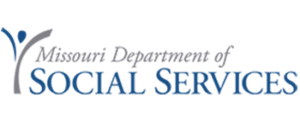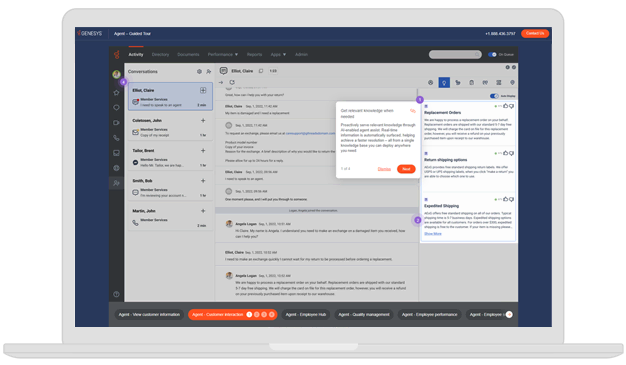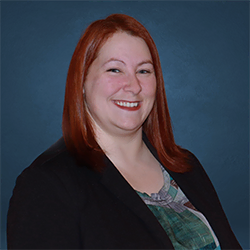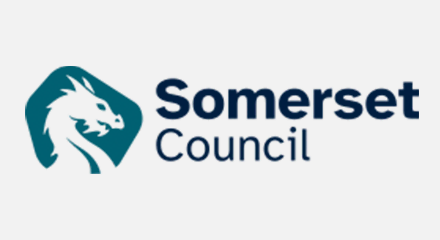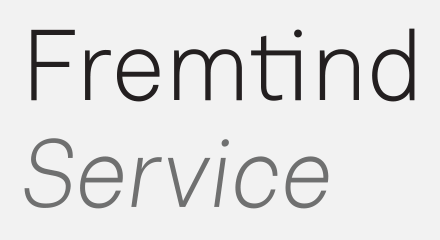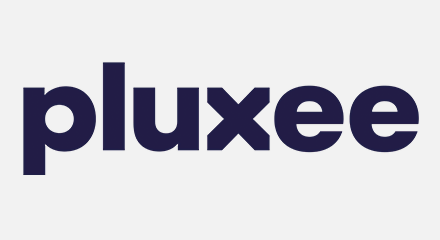“Genesys came in and did a demo,” said Conway. “All the agencies were blown away by the platform’s flexibility, the digital and reporting capabilities. What also stood out was how easy it was for a non-tech person to maintain. That was a big selling point. We stopped searching after that.”
Genesys Professional Services oversaw a flawless migration to the Genesys Cloud platform — sharing knowledge, assisting with customizations and setting up IVR profiles and outbound campaigns.
“Their engineers were excellent and helped us figure everything out on the fly,” added Conway. “We had 30 days of technical support but hardly used any of it.”
Crucial conversations on all the right channels
The move to Genesys has allowed an increased number of staff to be able to take calls. With the previous solution, staff with access was limited to certain individuals. With Genesys Cloud, anyone on the Income Maintenance team can have access and take calls from customers as needed.
Now, conversations not only take place over the phone, but also over text and chat. And Missouri DSS gained the ability to turn on new channels like email and social media at will.
Attracting about 550 monthly interactions, its SMS-based messaging service now allows customers to interact with an agent for general questions about application processes and policies. In addition, appointment scheduling has been largely digitized by a chatbot. Created through a seamless integration of Genesys and Google Cloud Contact Center AI, that automation dramatically improved a time-consuming, error-prone practice
“Customers can schedule appointments using the IVR or live chat, where they’re greeted by our virtual agent,” said Conway. “The chatbot invites them to select a phone or face-to-face interview at their local office based on their zip code. Phone appointments are then loaded into Genesys Preview Campaign. Our agents don’t even need to dial out. They just go on-queue to be connected to the customer in a timely manner.”
More speed, less stress
Live chat is proving to be more popular than SMS with some 32,000 monthly interactions. Containment rates (the number of users who interact with a chatbot and leave without ever speaking to a live human agent) hover at around 50%.
Artificial intelligence-powered Genesys sentiment analysis tools have also been deployed to dig deeper into the customer experience. For instance, these tools are used to evaluate the words and emotional tone used during calls. The results help highlight staff training needs and opportunities for customer education campaigns.
